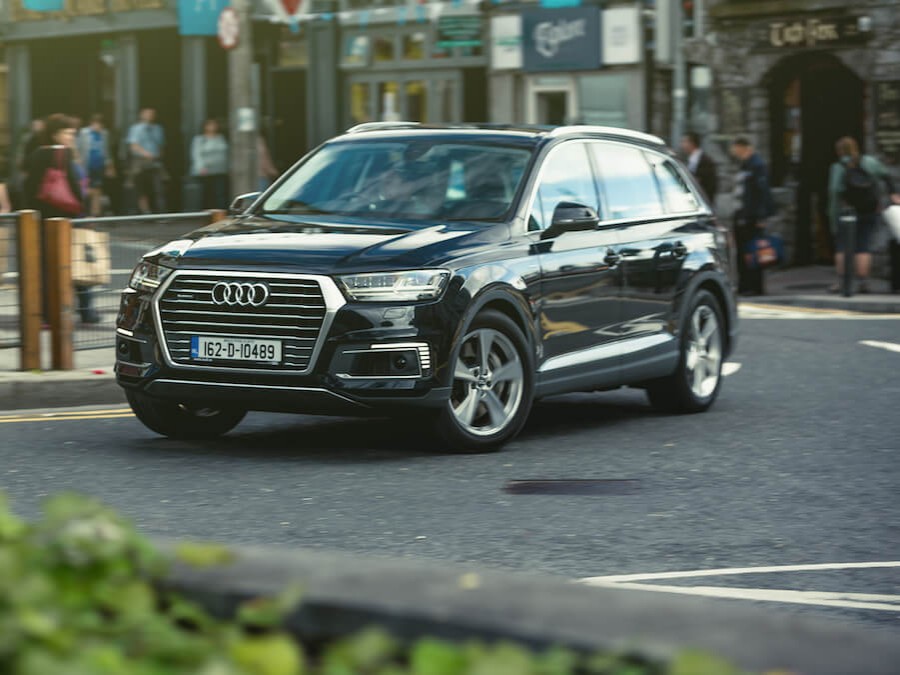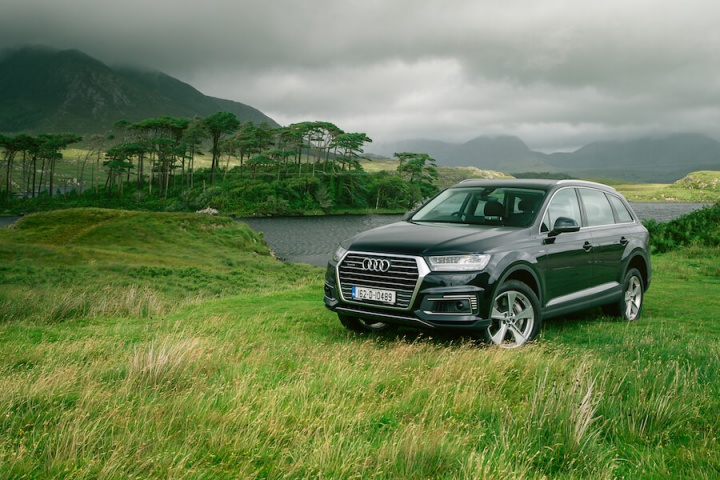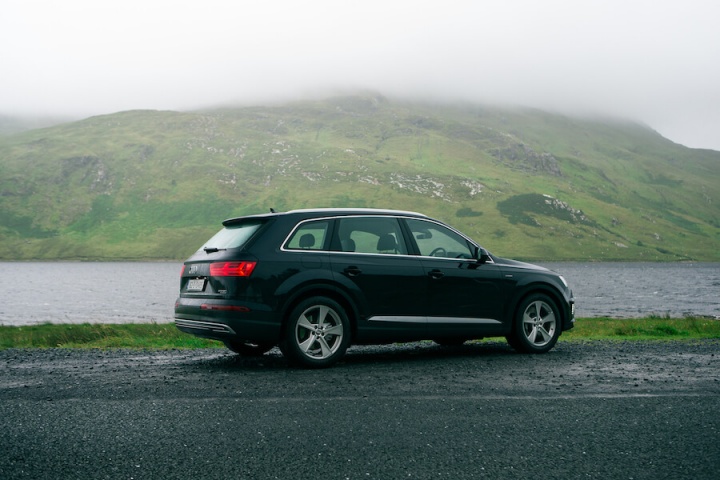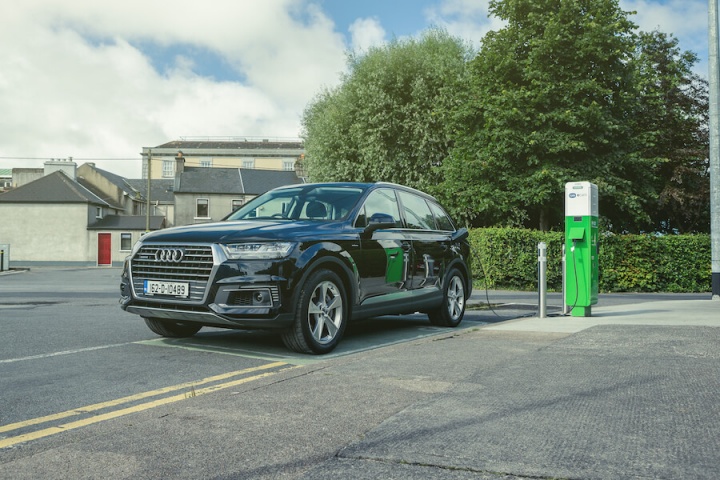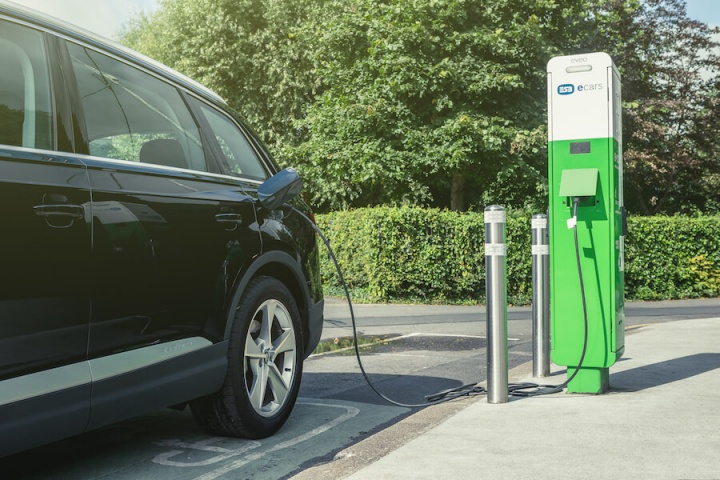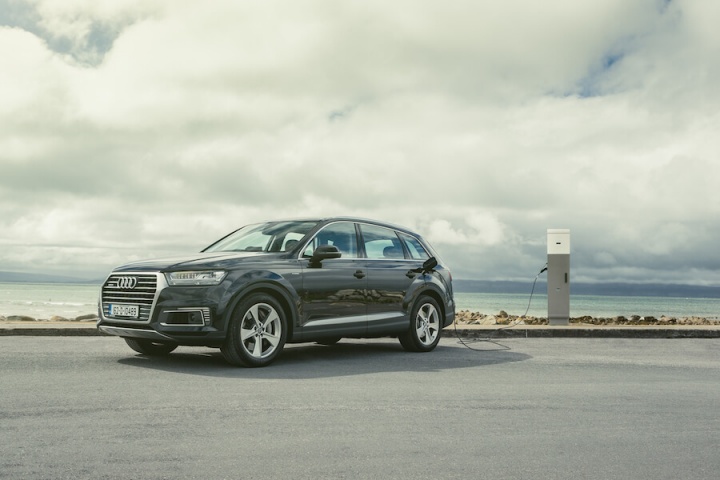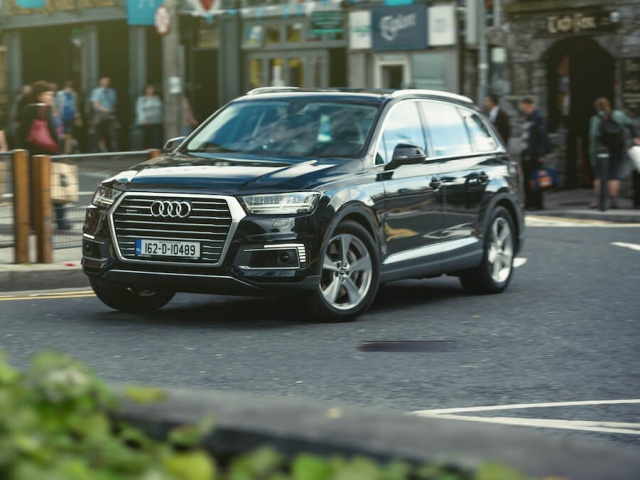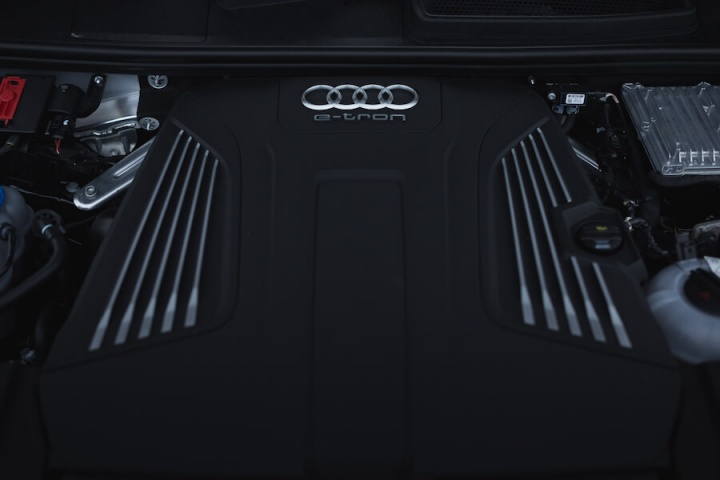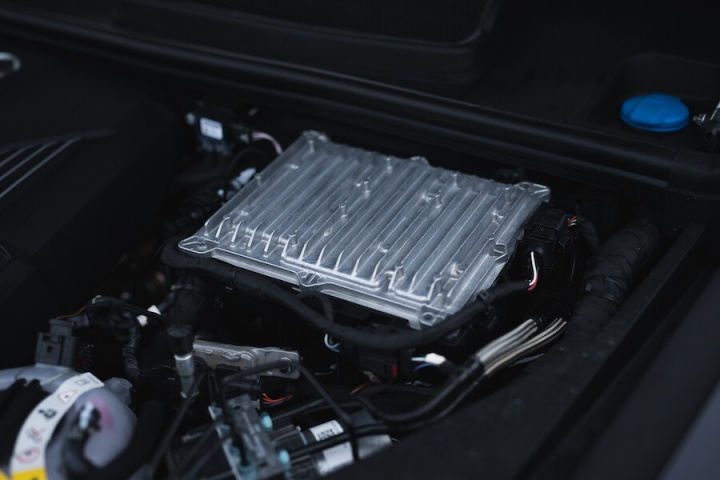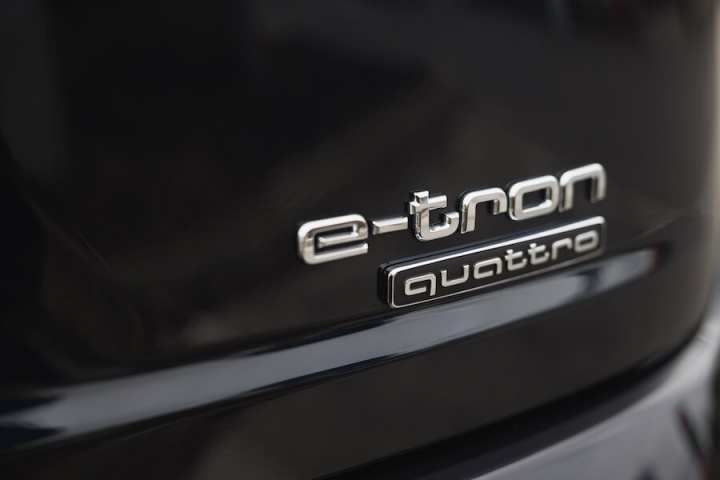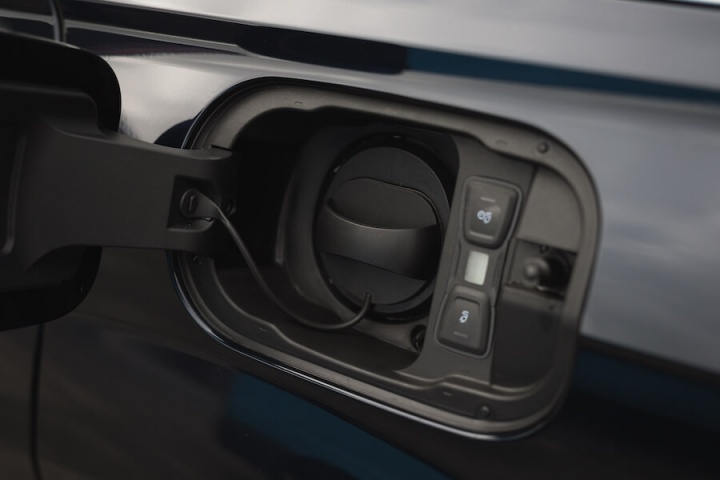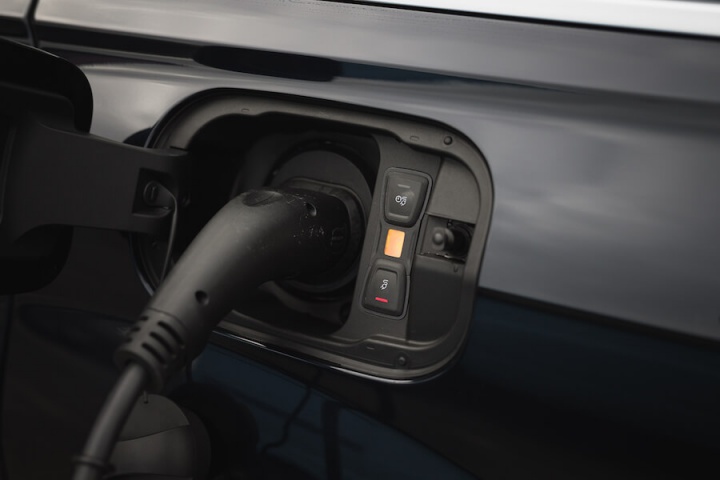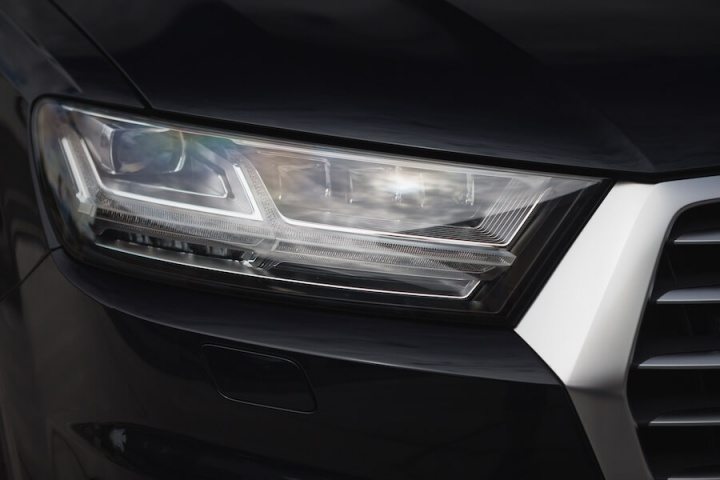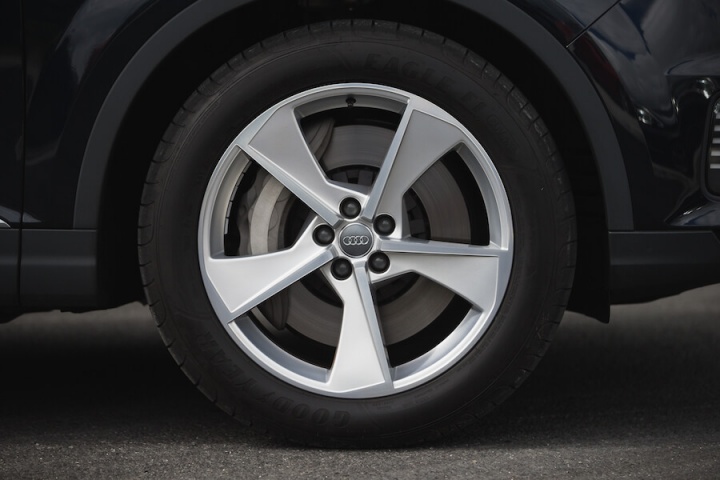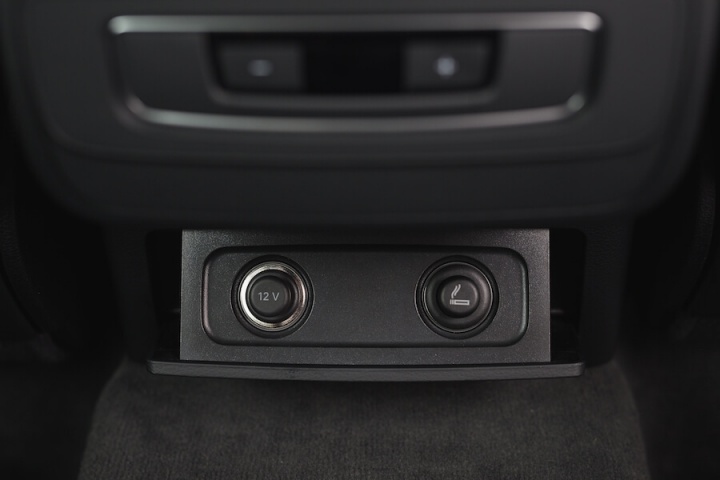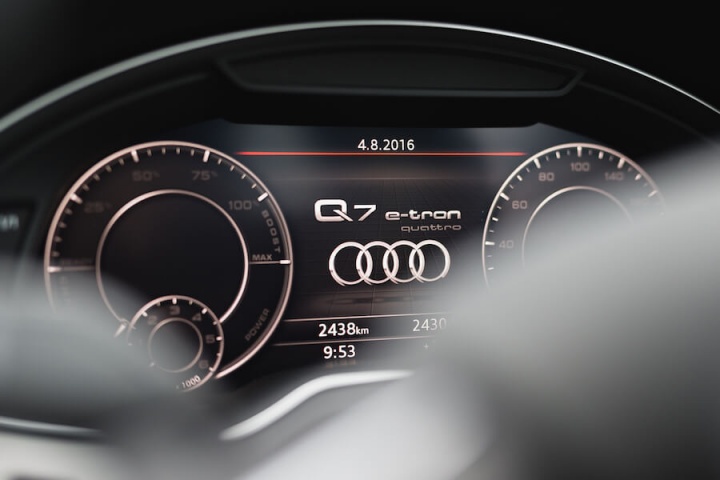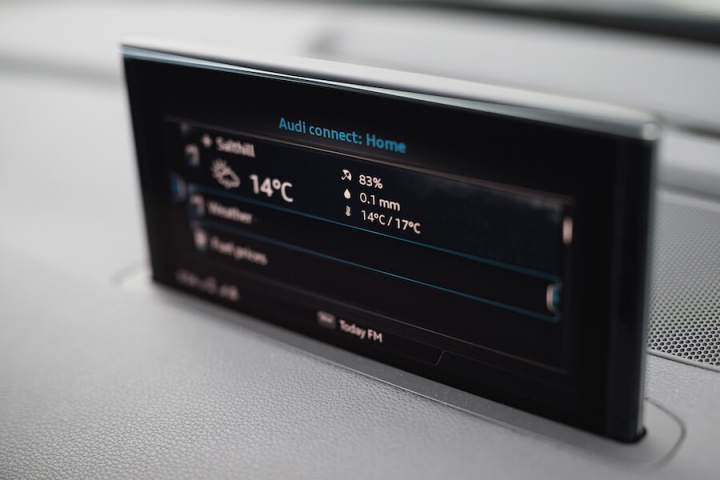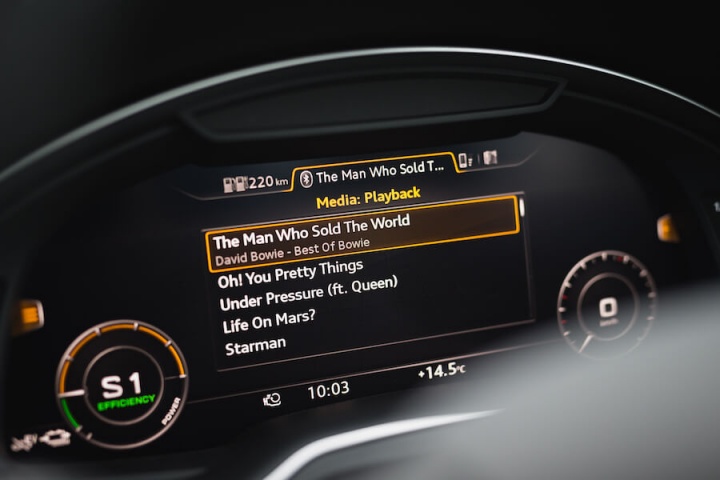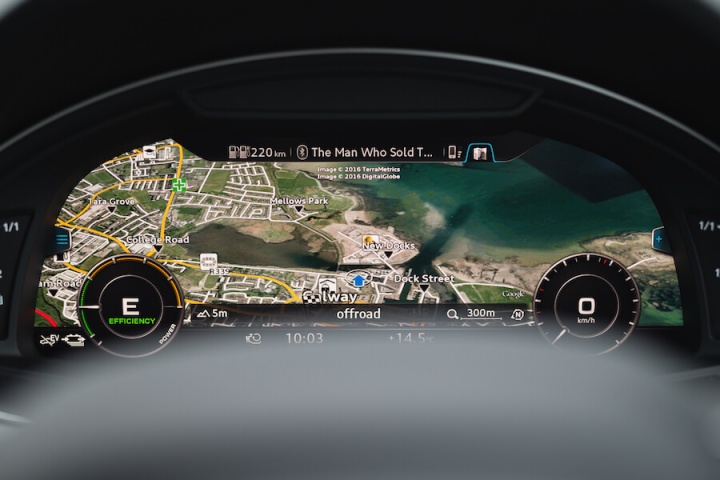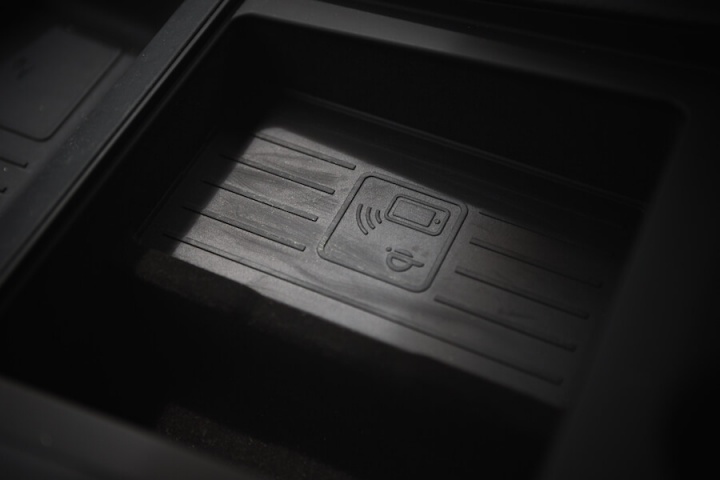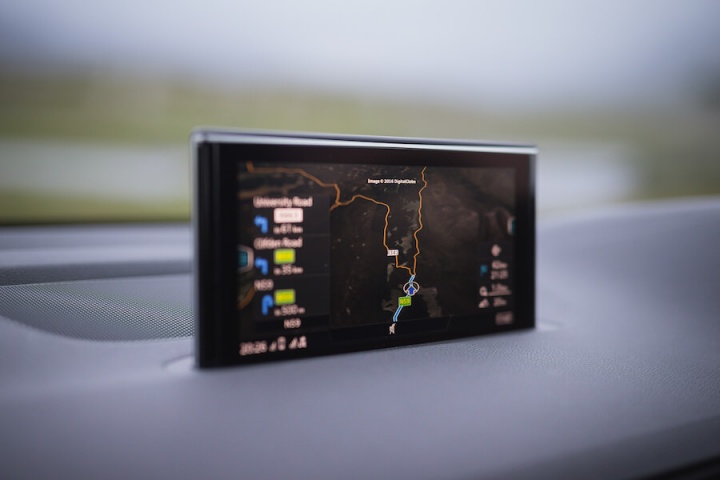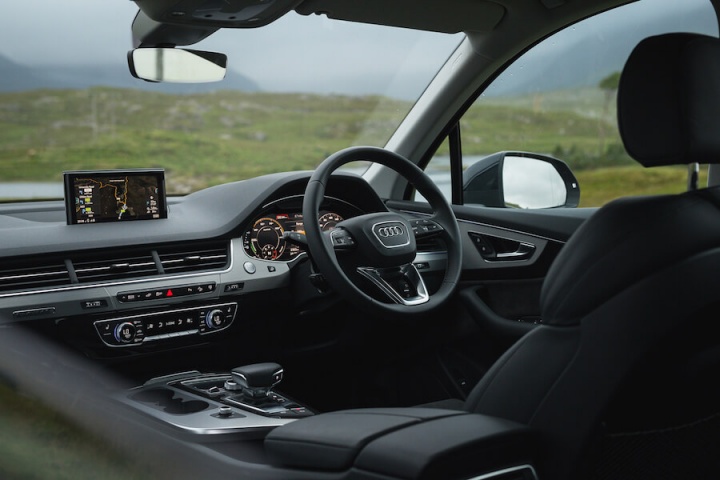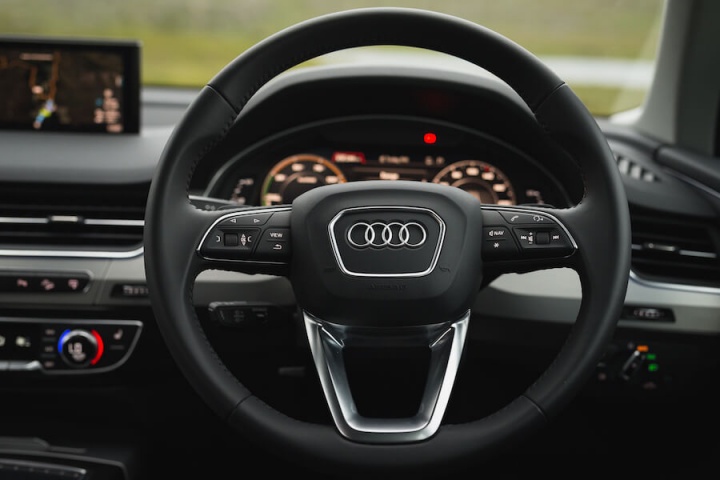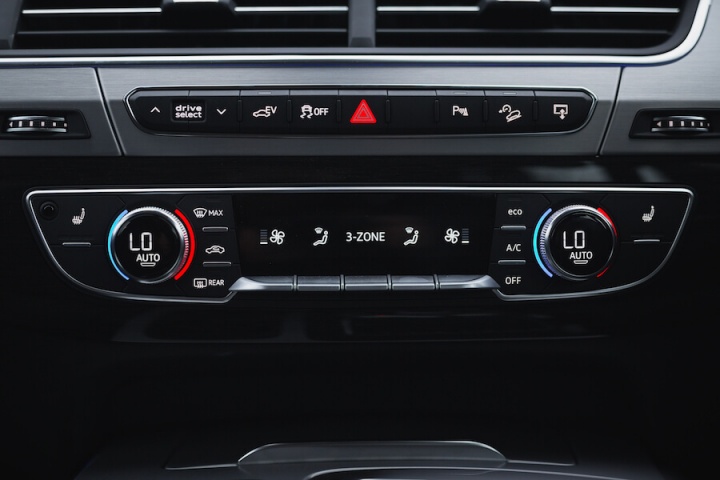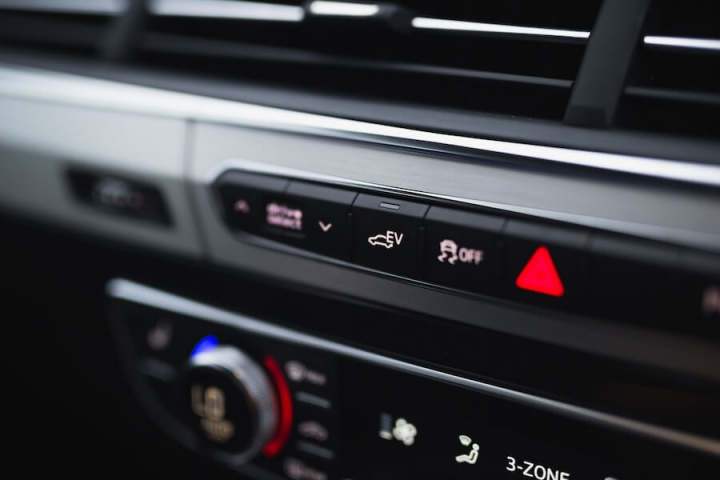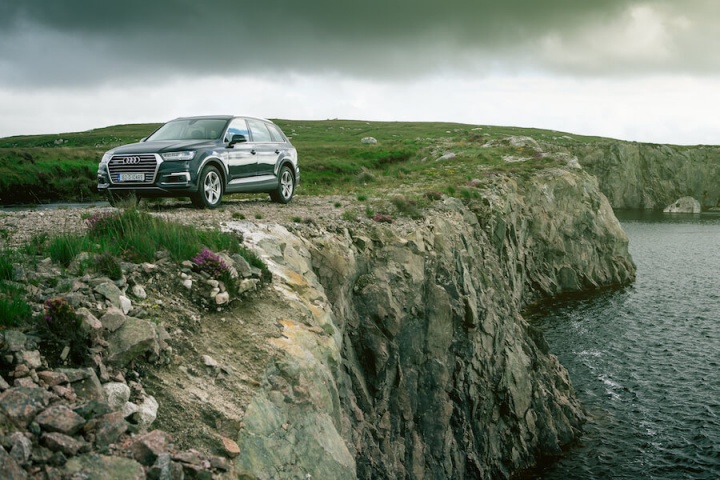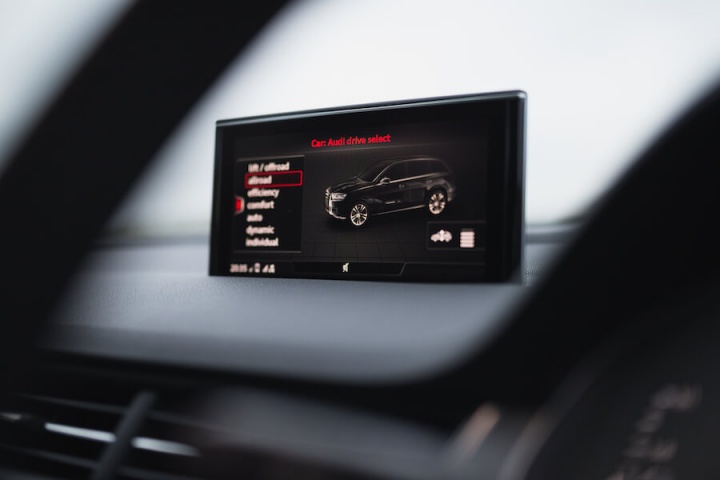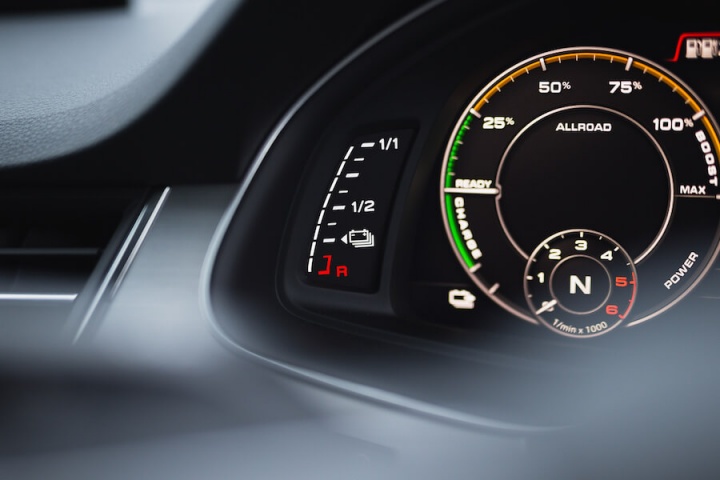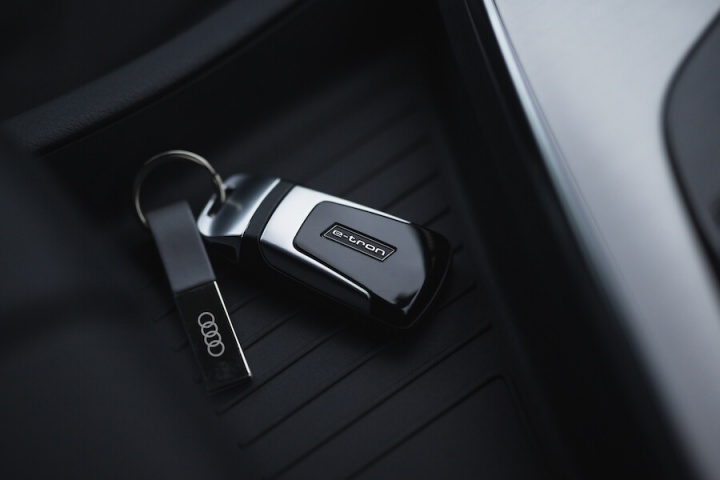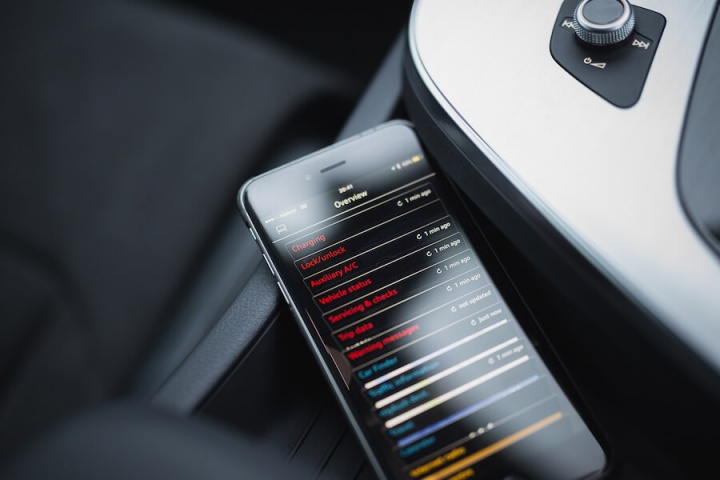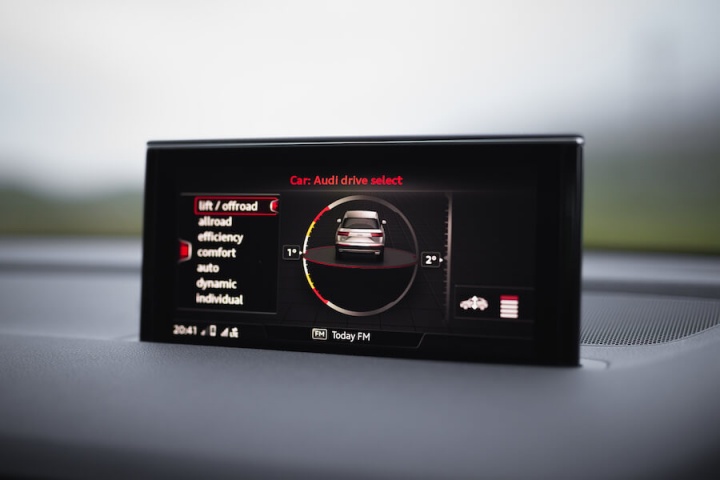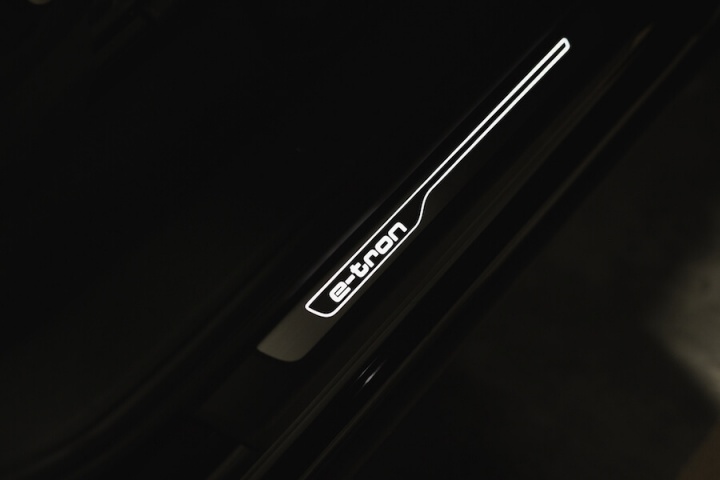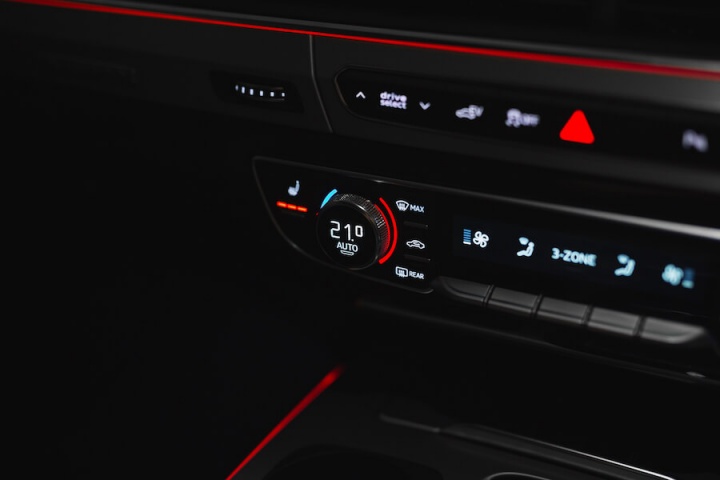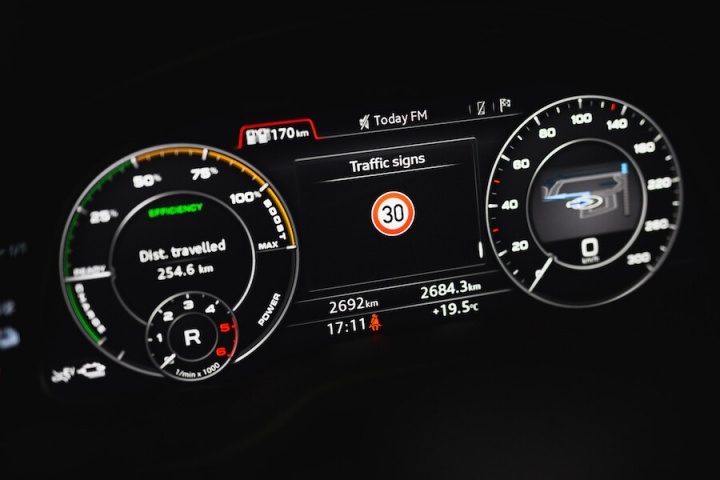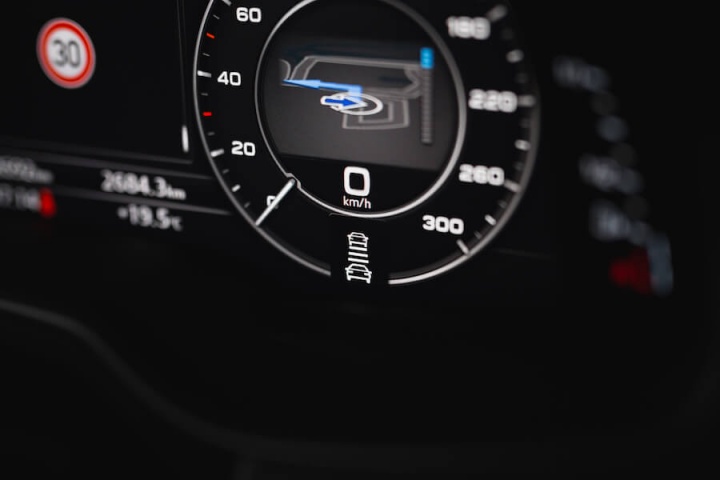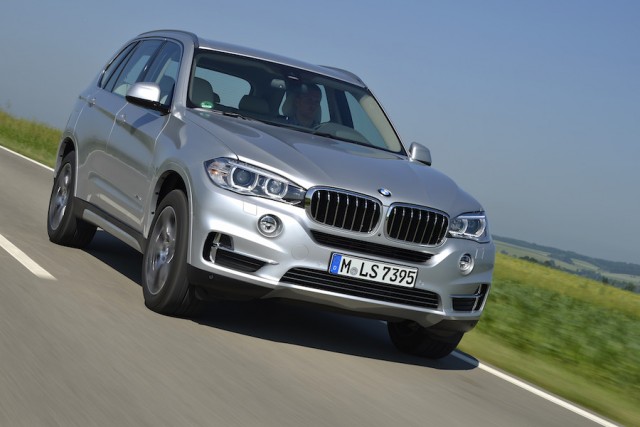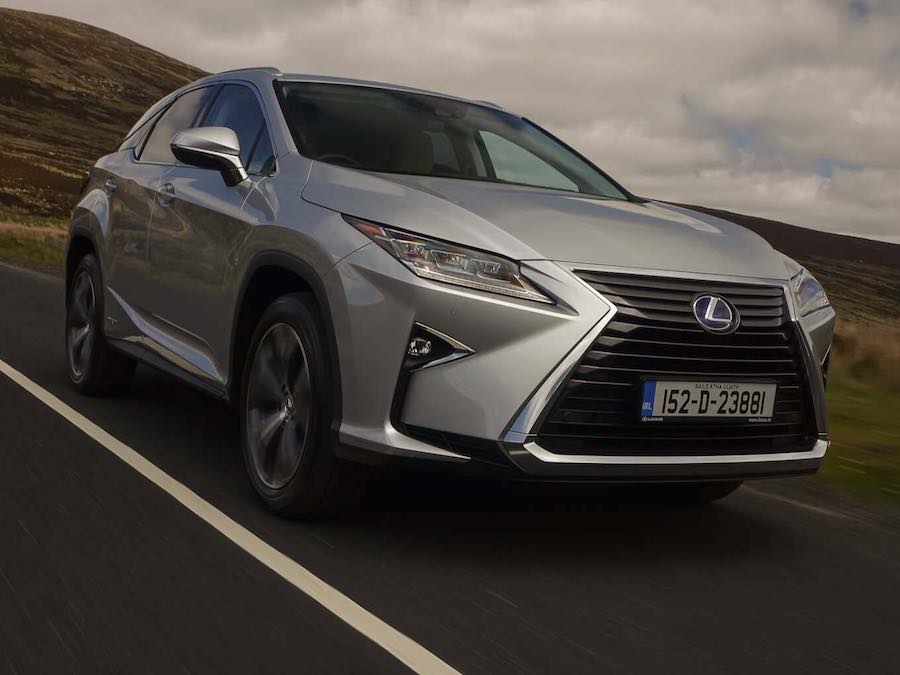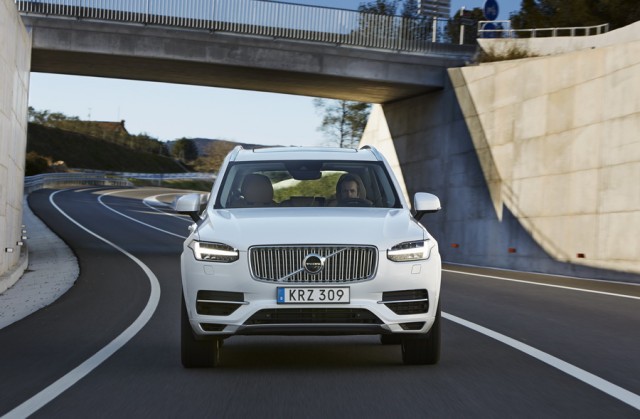Good: comfort, quality, low tax, zero emissions option, clever tech, best of the big plugins
Not so good: still looks a little plain, not dynamic to drive, official efficiency figures are ridiculous
Generally speaking, you're not supposed to put electric power and diesel power together, no matter what train enthusiasts may tell you. Why? Because diesel engines are expensive to design and make and so are electric or hybrid drivetrains. Put the two together and you get a confluence of expense, which makes the car too damned... expensive.
Which is why big, plugin hybrid SUVs usually come with petrol engines attached to their electric bits. The BMW X5 xDrive40e. The Volvo XC90 T8. Plug them in and you get 50km (or thereabouts) around town on just the batteries, but take on them on the open road, drain the batteries and you have a big and heavy petrol-engined SUV, so 20-25mpg suddenly becomes the norm.
Audi, though, has decided to throw cost caution to the wind and, using its Le Mans experience, combine diesel and hybrid in the big Q7 e-tron quattro. It makes a huge amount of sense, really - a conscience-salving electric motor and rechargeable battery stack for bumbling around town or doing the silent school run, and a familiar diesel engine for keeping the economy up on longer journeys. Common sense, innit?
And it works pretty well. This isn't just a case of bunging two drivetrains together and slapping a price sticker on, as Audi has worked hard to carefully integrate the two halves of the Q7 e-tron. There are active engine mounts to keep the noise of the diesel V6 kicking back in down to a minimum, while the satnav constantly analyses the topography of the ground ahead and pulses the accelerator pedal if it reckons you should slow down a bit. There are massive 400mm ventilated disc brakes for stopping, but you won't need them much as the regenerative braking from the electric motor does a canny job of slowing this big, 2.5-tonne behemoth.
Sadly, all that weight does impact on the way the Q7 drives. While the active air suspension does its best to keep things in check, as James Doohan constantly reminded us, you cannae beat the laws of physics, so the Q7 dips, dives, ducks and rolls as your progress. It never, it must be said, lurches nor stumbles, but you are aware of a big body moving around. It's not huge fun to drive, nor is it as sharp as its just-diesel brethren. That said, it's amazingly refined (and not just when running on electric power) and enormously comfortable on a long journey.
Those long journeys are made rather less painful because, unlike its rivals from BMW and Volvo, the Q7 doesn't have a down-sized fuel tank. You can still pack in a full 75 litres of diesel so you won't have to stop off and refill or recharge every five minutes. Combine both diesel and electric range and you should be able to go for close to 1,000km. Needless to say, though, the official fuel economy figure of 124mpg is pure fantasy. We got more like 35-40mpg in daily driving, with the car mostly running in hybrid mode. Keep the batteries topped off and you might hit 55mpg regularly, which is impressive enough in itself.
We're familiar with the Q7's cabin from the standard model but it bears repeating that this is a staggeringly well-made, well-appointed cabin. There's enormous space for the front and rear passengers, and the large side windows make for a great view out. There's a compromise though - thanks to the battery stack and that big fuel tank, you can't have the Q7 e-tron as a seven-seater, which is a shame as that's one of the whole points of buying a Q7 in the first place.
But the big e-tron is a rather charming car. We know the novelty will wear off eventually, but there's still something rather delightful about cruising around town on silent, eco-friendly electric power in a big, luxury car such as this. When that battery is drained, the Q7 does the best job of any of its rivals of providing proper all-round, long-haul performance without the staggering fuel economy penalties of those rivals. The diesel/electric combo does make it expensive, (at an €83k starting point, the e-tron is about €10,000 more than an equivalent BMW or Volvo), but there is great satisfaction in at last finding a big plugin SUV that's as happy in the country as town.

